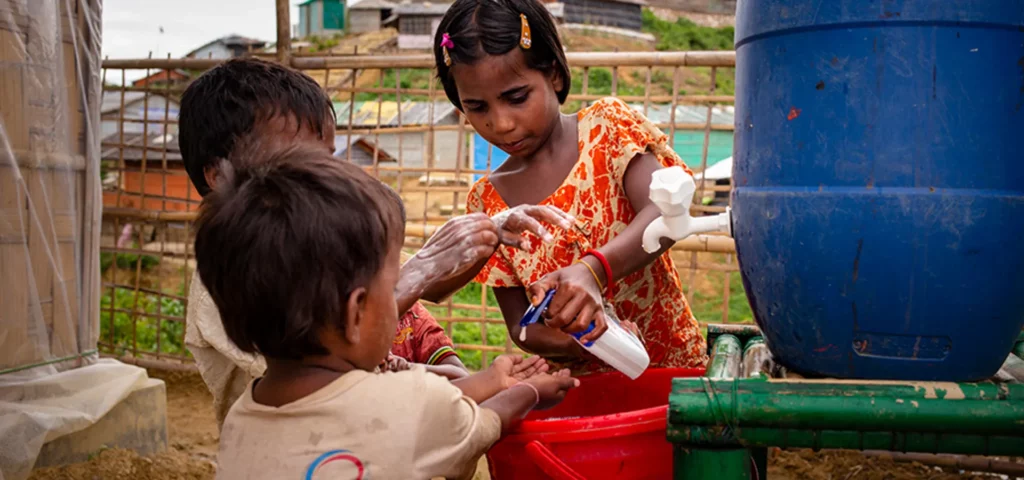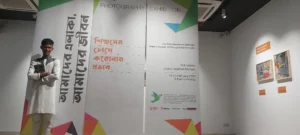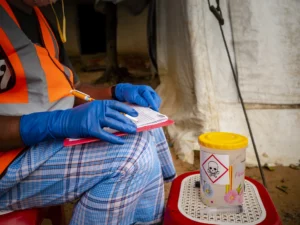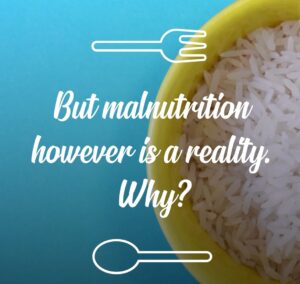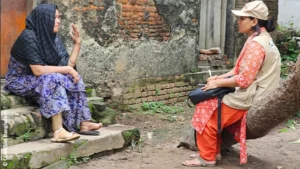Covid-19: One Danger Too Many for Refugee Children
In Bangladesh, Greece, and Lebanon, refugee families were already living in very precarious conditions. Housed in tents or emergency shelters, they are now suffering the full force of the devastating consequences of the COVID-19 pandemic. Our teams provide emergency aid and demonstrate creativity in the field to reduce the risk of infection and to respond to the growing needs of children and their parents.
The Koutsohero refugee camp in Greece is surrounded by a fence. Behind it, as far as the eye can see, are long rows of white containers that serve as shelters for families. Since March, the camp has not been spared by the global disaster caused by the coronavirus. While the pandemic has brought the health and economic systems of the richest countries to their knees, its consequences are devastating for population groups such as refugees who are already living in precarious conditions.
“The current situation has created additional trauma for the families, adding to their already very difficult lives,” explains Jezerca Tigani, head of the Terre des hommes delegation in Greece. “People are living in overcrowded camps. The lack of space prevents them from following social distancing. Kitchens and sanitary facilities have to be shared, and protective material is available only to a limited extent.“ Basic care has been reduced to a minimum in most camps in Greece or is completely lacking.
The general insecurity and the new restrictions make the situation particularly frightening for children. “Families of six or seven live in a 12-square-metre container that serves as their accommodation, without anything to do. The children show signs of anger and aggressiveness. We often see them crying,” explains Jezerca. Similar conditions prevail in the camps where we work in Lebanon and Bangladesh.
Inform and prevent
Part of our emergency aid is spreading prevention messages in the refugee camps. For many people, we are one of the few trustworthy and regular sources of information. Sazed Ansari, national coordinator for child protection in the Teknaf camp in Bangladesh, reports: “We raise awareness among parents and children about the importance of health and hygiene measures and show them how to wash their hands properly.”
Read the full report here.
